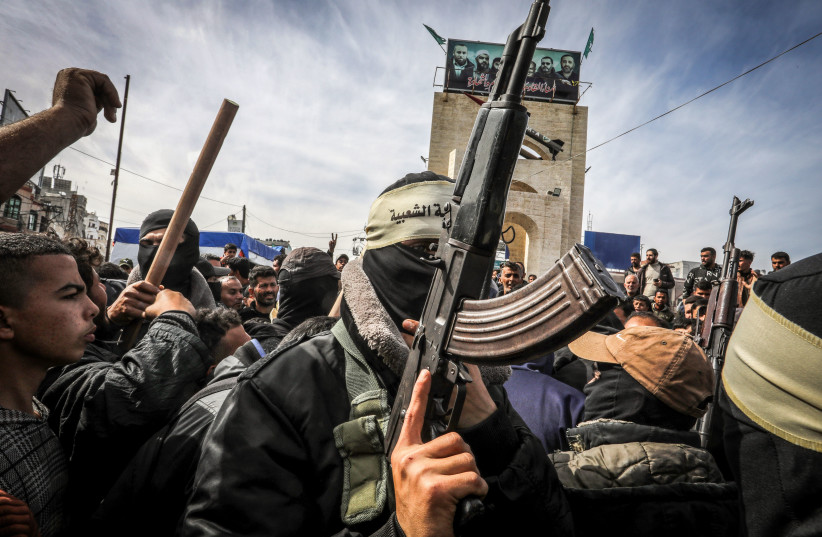Prospects for a resumption of mediated Gaza ceasefire talks grew on Saturday, although Israel carried out new attacks in which Palestinian medics said more than 40 people were killed.
An official with knowledge of the matter said a decision had been taken to resume the talks next week after the chief of Israel's Mossad intelligence agency met the head of the CIA and the prime minister of Qatar.
The source, who declined to be identified by name or nationality, said it had been decided that "in the coming week, negotiations will open based on new proposals led by the mediators, Egypt and Qatar, and with active US involvement."
A Hamas official later denied Israeli media reports that the talks would resume in Cairo on Tuesday, telling Reuters: "There is no date."
After more than seven months of war in Gaza, the mediators have struggled to secure a breakthrough, with Israel seeking the release of hostages held by Hamas and Hamas seeking an end to the war and the release of Palestinian prisoners in Israel.

Israel pressed on with its offensive in Gaza to eliminate Hamas after the top United Nations court ordered Israel on Friday to stop attacking the southern city of Gaza.
Israel says it wants to root out Hamas fighters holed up in Rafah and rescue hostages it says are being held in the area, but its assault has worsened the plight of civilians and caused an international outcry.
In northern Gaza, where the Israeli military says it is trying to prevent Hamas from reestablishing its hold, Palestinian medical workers reported new Israeli airstrikes that they said killed at least 17 people.
Abu Mohammad said he had been taking shelter with his family at a school in Gaza City's Saftawi suburb with other families when an Israeli missile struck a yard and outside a classroom where women were preparing bread.
"We were sitting peacefully, then there was boom, a missile from a controlled drone, or a regular drone, but it did massive damage," he told Reuters. He said several people were killed, adding: "Even schools are not safe anymore."
The Israeli military said it was looking into the report.
Palestinian medics said 45 Palestinians had been killed in the past day across Gaza. They do not distinguish between civilian and fighter casualties.
Nearly 36,000 Palestinians have been killed in Israel's offensive, Gaza's health ministry says. Israel began the operation in response to Hamas-led terrorists attacking southern Israeli communities on Oct. 7, killing around 1,200 people and seizing more than 250 hostages, according to Israeli tallies.
Fighting across Gaza
Hamas and the smaller armed group Islamic Jihad said their fighters had fired anti-tank rockets and mortar bombs at Israeli soldiers in the north.
The Israeli military said its troops in the northern district of Jabalia killed dozens of terrorists in close combat and airstrikes. Residents and civil emergency services there said Israeli tanks moving deep in Jabalia destroyed dozens of houses, shops, and roads.
Further south, the Israeli military said that on Friday it had killed terrorists, taken down part of Hamas' tunnel system, and found weapon stashes in Rafah, where its forces operated in what it said were specific areas.
Earlier in the war, Rafah became a refuge for Gazans fleeing fighting elsewhere. After Rafah became a target as well, hundreds of thousands of Palestinians fled the city.
So far, fighting has taken place on Rafah's southern edge and eastern districts, away from the most populated areas.
Friday's ruling by the International Court of Justice (ICJ), or World Court, is binding but its rulings have been ignored in the past, as the court has no enforcement powers.
Israeli officials said on Saturday that the World Court's order does not rule out all military action in the area.
